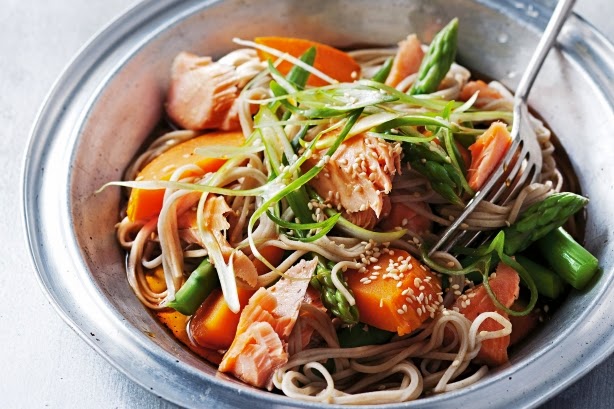Japanese Culture Japan has a fascinating and multifaceted culture; on the one hand it is steeped in the deepest of traditions dating back thousands of years; on the other it is a society in a continual state of rapid flux, with continually shifting fads and fashions and technological development that constantly pushes back the boundaries of the possible. This is part of what makes it such a fascinating country to visit. If you are looking for something different you are sure to find it here!
LET'S KNOW A LITTLE ABOUT THIS COUNTRY
- Japanese people-

 Japan is famous for its supposed ethnic and social homogeneity, but there is much more to the story of the Japanese people than this popular myth. Today's vision of Japanese society includes minority groups that historically have been sidelined, such as the Ainu of Hokkaido and the Ryukyuans of Okinawa, as well as Koreans, Chinese, Brazilians and many more. Though Japan is still a place of strong tradition, Japanese society is changing and diversifying constantly. Social roles are adapting under the demands of modern life, westernisation and rapidly advancing technology whilst the future promises yet more challenges.
Japan is famous for its supposed ethnic and social homogeneity, but there is much more to the story of the Japanese people than this popular myth. Today's vision of Japanese society includes minority groups that historically have been sidelined, such as the Ainu of Hokkaido and the Ryukyuans of Okinawa, as well as Koreans, Chinese, Brazilians and many more. Though Japan is still a place of strong tradition, Japanese society is changing and diversifying constantly. Social roles are adapting under the demands of modern life, westernisation and rapidly advancing technology whilst the future promises yet more challenges.- Japanese Religion-
 Japanese religion is also a private, family affair. It is separate from the state; there are no religious prayers or symbols in a school graduation ceremony, for example. Religion is rarely discussed in every day life and the majority of Japanese do not worship regularly or claim to be religious.
Japanese religion is also a private, family affair. It is separate from the state; there are no religious prayers or symbols in a school graduation ceremony, for example. Religion is rarely discussed in every day life and the majority of Japanese do not worship regularly or claim to be religious.- Japanese Food-
Japanese cuisine is one of the best things about a trip to Japan. In fact, for many visitors it's the main event! Though Japan is principally famous for dishes like sushi, rice, noodles tempura, Kobe beef & teriyaki chicken - there is a veritable plethora of other superb dishes out there to try. I have already tried these things,have you??
There are three main types of noodles in Japan: ramen, soba, and udon. Ramen are thin and usually served in a broth with meat or fish and vegetables; soba are made from buckwheat and can be served hot or cold; udon are thick, wheat flour noodles.
 Eating out in Japan is as much about the experience as the food. Many Japanese restaurants specialise in one particular type of food and there are countless different styles including the famous kaiten-zushi restaurants now gaining more popularity in the west.
Eating out in Japan is as much about the experience as the food. Many Japanese restaurants specialise in one particular type of food and there are countless different styles including the famous kaiten-zushi restaurants now gaining more popularity in the west.
- Japanese Drinks-
 Sake, or rice wine, is Japan's unofficial national spirit. Brewed from rice, the name "rice wine" is misleading as the fermentation process used is actually more similar to beer.
Sake, or rice wine, is Japan's unofficial national spirit. Brewed from rice, the name "rice wine" is misleading as the fermentation process used is actually more similar to beer. - Japanese Gardens-
The Three Great Gardens of Japan are Kenrokuen, Korakuen, and Kairakuen. Kenrokuen is located in Kanazawa and used to be the outer garden of Kanazawa Castle. Kairakuen is located in Mito, not far from Tokyo, and boasts over three thousand plum trees, whilst Korakuen is in Okayama and is notable for its spacious lawns - an unusual feature for a Japanese garden.
Kare sansui are dry rock gardens associated with Zen Buddhism. Typically, a kare sansui garden will consist of several judiciously placed rocks (representing islands) amid a "sea" of raked, white gravel. These gardens are designed to inspired meditation, the most famous example being Ryoan-ji in Kyoto.





WONDERFUL
ReplyDeleteles images montrer sur ce blog donnent vraiment envie d'y aller . j'aimerai bien y aller pour voir le mont fuji et tokyo tower.
ReplyDeletethe pictures show on this blog really make you want to go. I will like to go there to see Mount Fuji and Tokyo Tower
Awesome
ReplyDelete